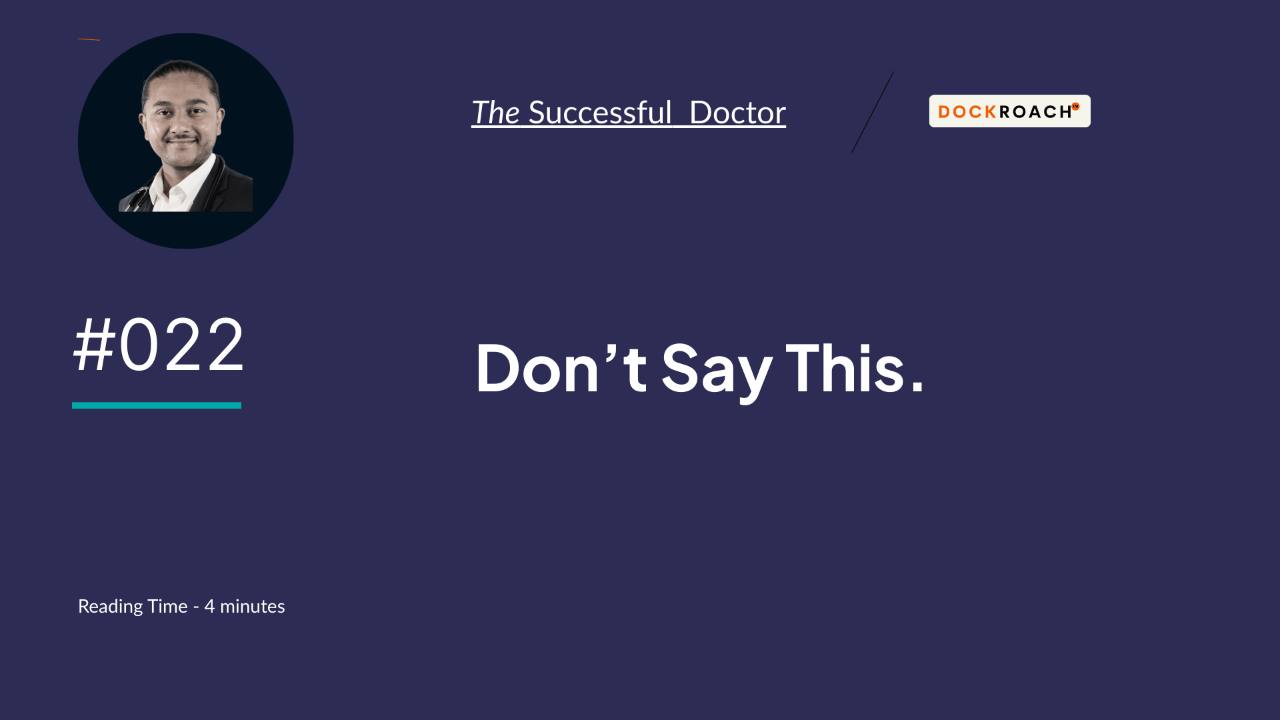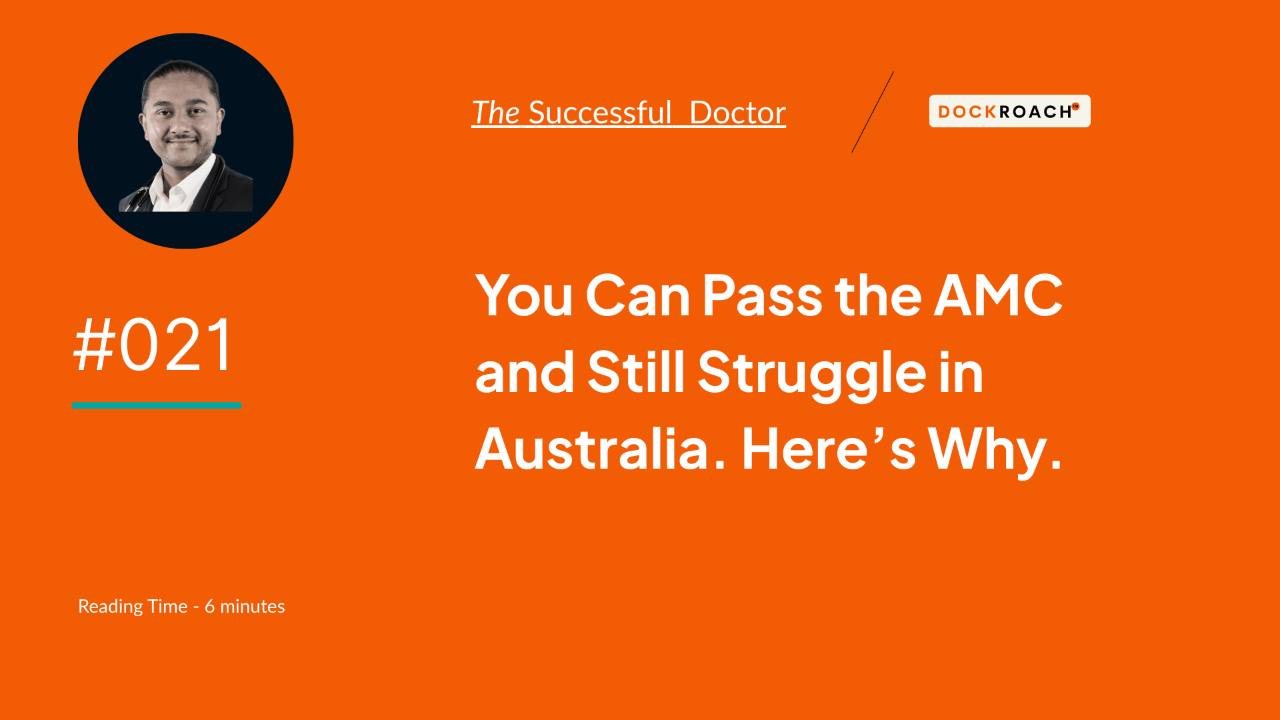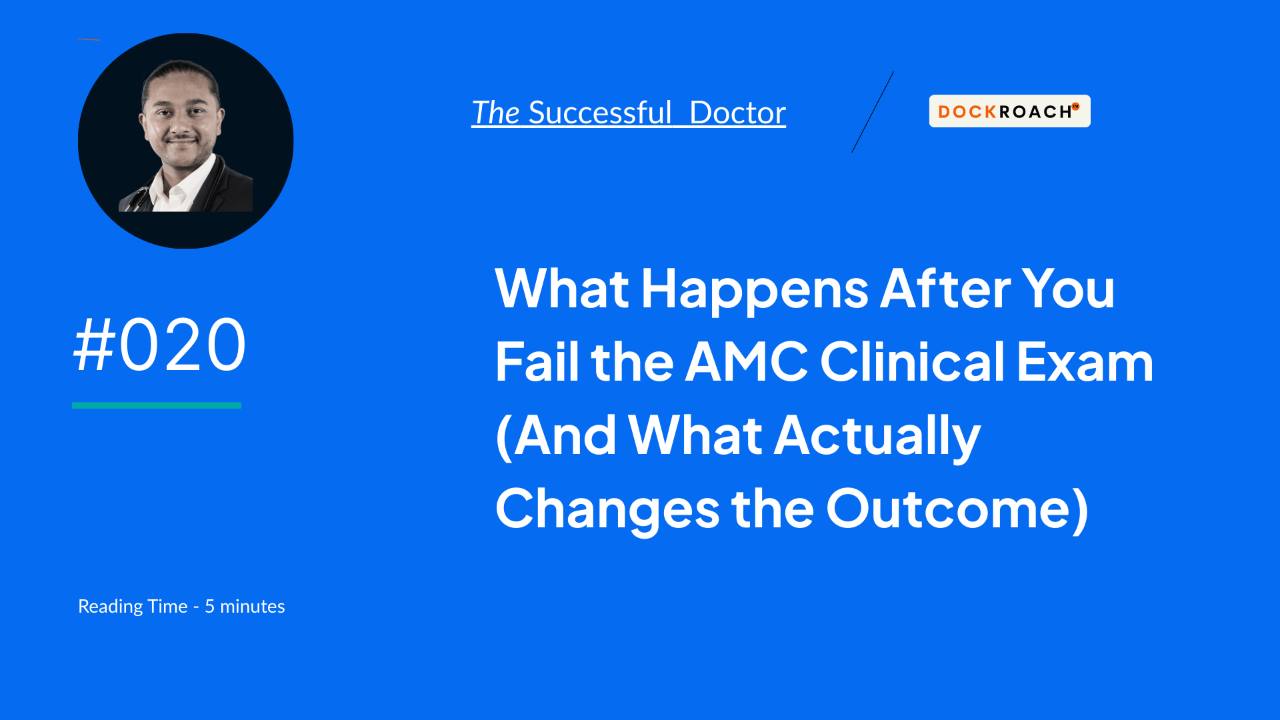5 Tools for Better, Faster Preparation
Read time: 4 minutes
Today, I’m going to walk you through five powerful tools that can dramatically improve your speed, confidence, and effectiveness while preparing for the AMC Clinical Examination.
Each of these tools is designed to eliminate wasted effort and help you make consistent, measurable progress.
Too many candidates prepare with intensity — but not strategy.
They do the work, but they don’t use systems that make the work matter.
I’ve made that mistake myself — and I’ve made enough over time to know exactly what works, and what doesn’t.
When you put the right tools in place, everything accelerates.
You waste less time. You build deeper skill. You stop spinning your wheels.

Most people don’t fail the AMC Clinical Exam because they’re not smart enough.
They fail because they:
- Don’t organize their practice properly
- Don’t have feedback loops
- Waste time on inefficient methods
- Over-rely on passive reading instead of active skill building through role-play practice
If you want faster results, stop focusing on intensity — and start building systems.
It’s not intensity that wins — it’s consistency, powered by systems.
The 5 Tools You Need to Prepare for the AMC Clinical Examination
-
A structured, customizable high-yield question bank
-
A dedicated accountability partner
-
Consistent, high-quality role-playing practice
-
A reliable video call platform to remove barriers
-
An experienced expert coach for feedback and strategy
These aren’t just tips — here’s how they work.
1. A structured, customizable high-yield question bank
You need more than just a few cases and random online recall PDFs.
You need a robust case bank — ideally 200 to 400 well-built questions, organized by subject, station type, and difficulty.
It should be flexible to your experience level and customisable to your weak spots.
Outcome: You’ll spend time practicing — not searching, sorting, or second-guessing what to work on next.
2. A dedicated accountability partner
This isn’t just a study buddy. They’re an anchor for your consistency.
Find someone — a friend, sibling, IMG peer — who’s committed to seeing you succeed.
Someone serious, reliable, and willing to show up regularly.
Make an agreement with them.
Lock it in. Show up together.
Outcome: You eliminate isolation and reduce complacency. You stay accountable to the process — and each other.
To make things easier, we’ve prepared a 100-question bank you can use with any partner — medical or not — to sharpen your clinical skills.
Are you committed to being supported and challenged every single week?
3. Consistent, high-quality role-playing practice
Role play is the fast track to exam readiness.
This is where confidence, time management, empathy, and clarity are built.
It’s not about talking theory — it’s about simulation.
Doing the work under time pressure.
Sharpening delivery.
Not once or twice — but daily, until it flows.
Outcome: You stop preparing in theory. You start preparing like it’s the real thing.
4. A reliable video call platform to remove barriers
You don’t need to be in the same room to practice effectively.
Free tools like Google Meet or Zoom (has time limit) give you everything you need:
- See and adjust your facial expressions
- Practice tone, pace, and presence under pressure
- Record your sessions for self-review
- Rehearse physical exams through verbal simulation and feedback
Audio calls aren’t enough.
You need face-to-face presence — even if it’s virtual.
Outcome: You eliminate location and scheduling as excuses. Now you can role-play anytime, anywhere.
5. An experienced expert coach for feedback and strategy
Your accountability partner helps you show up.
An expert coach helps you level up.
They catch what you miss: weak explanations, poor transitions, unpolished communication.
They cut through noise and confusion — and tell you exactly what to fix.
A great coach can save you 1 to 5 years of trial and error.
I didn’t realise this early on.
I joined a general bridging-program, but got no tailored support.
Looking back, I would’ve progressed faster with a coach who truly understood the exam.
Outcome: You gain clarity, precision, and confidence — guided by someone who knows the road ahead.
“Give me a lever long enough and a place to stand, and I will move the earth.”
— Archimedes
(That lever is expert coaching. That place to stand is structure.)
Most candidates aren’t failing from lack of effort.
They’re failing because they’re working hard without the right tools.
These five tools aren’t “nice-to-haves.”
They’re performance multipliers.
Put them in place, and your preparation becomes faster, smarter, and more focused.
Start building your system.
Start today.
That’s all for now.
Keep showing up.
See you next fortnight.






